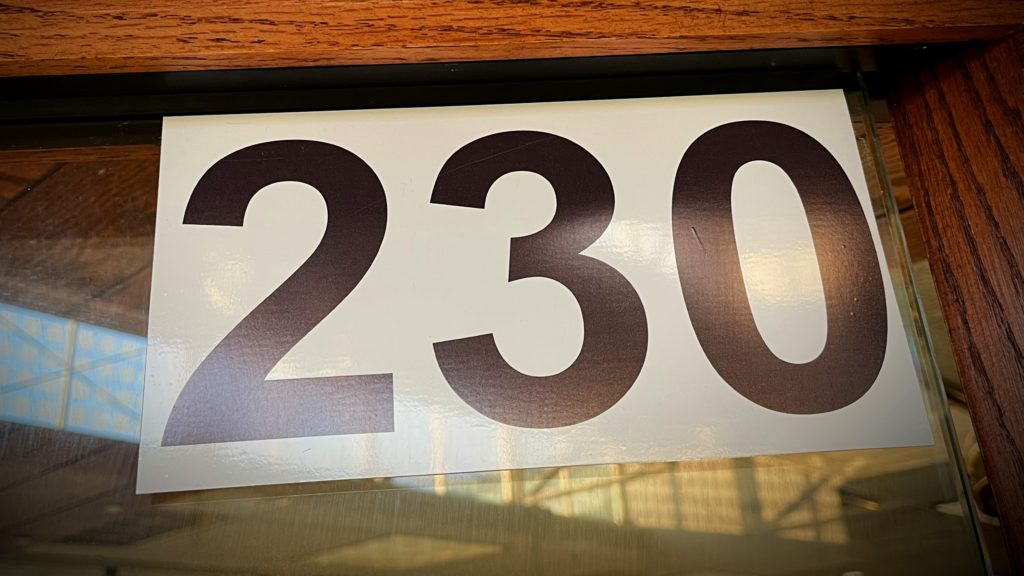A federal court in New York has denied the motion to dismiss filed by Chinese online platforms Alibaba and AliExpress in a lawsuit brought by a toymaker alleging that these companies’ merchant customers were engaged in contributory trademark and copyright infringement through the online sale of counterfeit products.
Background of the Case
Plaintiff toymaker accused the Alibaba defendants of facilitating the sale of counterfeit products on their platforms. The lawsuit stemmed from the activities of around 90 e-commerce merchants who were reportedly using the platforms to sell to sell fake goods.
The Court’s Rationale
The court’s decision to deny the motion to dismiss turned on several allegations that suggest the Alibaba defendants played a more complicit role than that of a passive service provider. These allegations included:
- Specific Awareness of Infringement: The Alibaba defendants were allegedly well-informed about the infringing activities of several merchants, including some named in the lawsuit. The Alibaba defendants should have known of these instances from orders in six separate lawsuits against sellers on the platforms.
- Continued Proliferation of Infringing Listings: Despite this awareness, the platforms reportedly allowed the continued presence and proliferation of infringing listings. This included listings from merchants already flagged under Alibaba’s “three-strike policy” for repeat offenders.
- Promotion of Infringing Listings: Plaintiff alleged the Alibaba defendants actively promoted infringing listings. The Alibaba defendants reportedly granted “Gold Supplier” and “Verified” statuses to infringing merchants, sold related keywords, and even promoted these listings through Google and promotional emails.
- Financial Gains from Infringements: Crucially, plaintiff argued that the Alibaba defendants financially benefited from these activities by attracting more customers, encouraging merchants to purchase additional services, and earning commissions on transactions involving counterfeit goods.
DMCA Safe Harbor Provisions Not Applicable
The court rejected the Alibaba defendants’ argument that safe harbor provisions under the Digital Millennium Copyright Act (DMCA) applied at this stage of the litigation. The DMCA safe harbor is typically an affirmative defense to liability, and for it to apply at the motion to dismiss stage, such defense must be evident on the face of the complaint. The court found that in this case, it was not.
Implications of the Ruling
This decision is relevant to purveyors of online products who face the persistent challenges of online enforcement of intellectual property rights. Remedies against overseas companies in situations such as this are often elusive. The case provides a roadmap of sorts concerning the types of facts that must be asserted to support a claim against an online provider in the position of the Alibaba defendants.
Kelly Toys Holdings, LLC v. 19885566 Store et al., 2023 WL 8936307 (S.D.N.Y. December 27, 2023)


